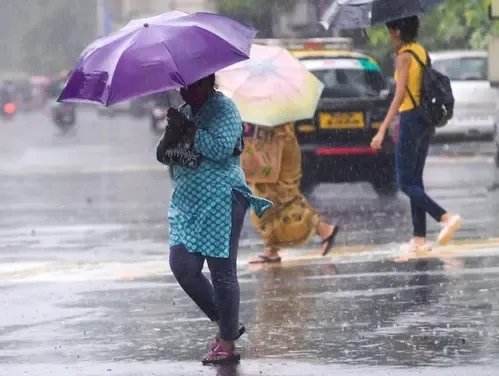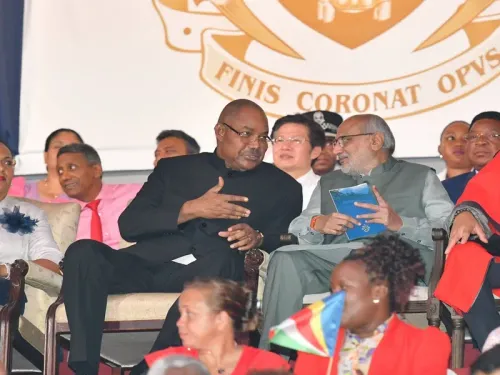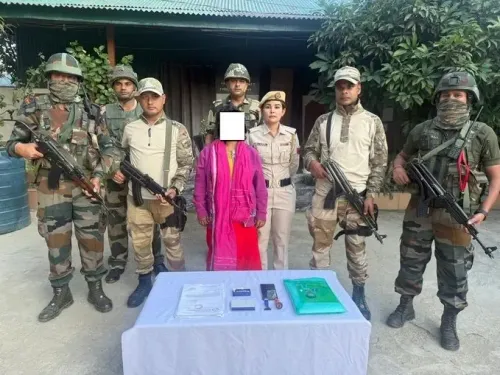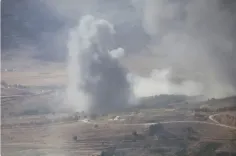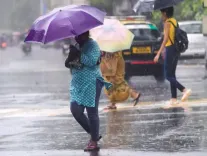What Sentenced a Man to Life for Raping a Minor Girl in J&K’s Anantnag?

Synopsis
Key Takeaways
- Life imprisonment for the accused reinforces justice for victims.
- Compensation provides financial support to the victim.
- Emphasis on deterrence against crimes involving minors.
- POCSO Act is vital for child protection in India.
- Judicial commitment to safeguarding children's rights.
Srinagar, Oct 24 (NationPress) The principal district and sessions judge in Jammu and Kashmir's Anantnag district has condemned a heinous crime by sentencing a man to life imprisonment for the brutal act of raping his own minor daughter. In a landmark ruling, the judge, who also serves as a special judge under the POCSO Act, declared that the convict would spend the rest of his natural life behind bars following his conviction for this horrific crime.
An FIR numbered 03/2022 was lodged against the accused at the Women’s Police Station in Anantnag, charging him under Sections 376 and 506 of the IPC, alongside Sections 3 and 4 of the POCSO Act.
The court made it abundantly clear that this sentence is intended to act as a strong deterrent against offenses targeting minors. The judge stated, “The accused shall undergo imprisonment for the remainder of his natural life,” emphasizing the crucial need to protect the dignity and rights of victims, especially the vulnerable children who face abuse within what should be their safe spaces.
Moreover, the court granted over Rs 10 lakh in compensation to the victim as part of the Victim Compensation Scheme. It has instructed the District Legal Services Authority (DLSA) of Anantnag to facilitate the swift release of these funds.
The prosecution was competently handled by Public Prosecutor Abdul Rasheed Mir in the court of Principal District and Sessions Judge Anantnag, Tahir Khurshid Raina. This ruling has been widely recognized as a decisive judicial measure against sexual violence, reaffirming the court’s dedication to justice and safeguarding minors.
The Protection of Children from Sexual Offences (POCSO) Act was enacted to protect children from sexual abuse in India. The Indian Parliament passed the POCSO bill on May 22, 2012, officially naming it an Act. Following this, the Ministry of Women and Child Development, India, issued guidelines, and the rules were notified in November 2012, allowing implementation to commence.
With India housing one of the largest child populations globally, as reflected in the 2011 Census data showing 472 million children under eighteen, the state’s duty to protect children is paramount. This responsibility is guaranteed under an expansive interpretation of Article 21 of the Indian Constitution and is enforced due to India’s commitment to the UN Convention on the Rights of the Child. As a result, the court imposed the maximum penalty allowed by law.
The POCSO Act aims to shield children under eighteen from sexual assault, harassment, and any form of pornography. Following the abrogation of Article 370 in August 2019, the POCSO Act became effective in the union territory of Jammu and Kashmir.

